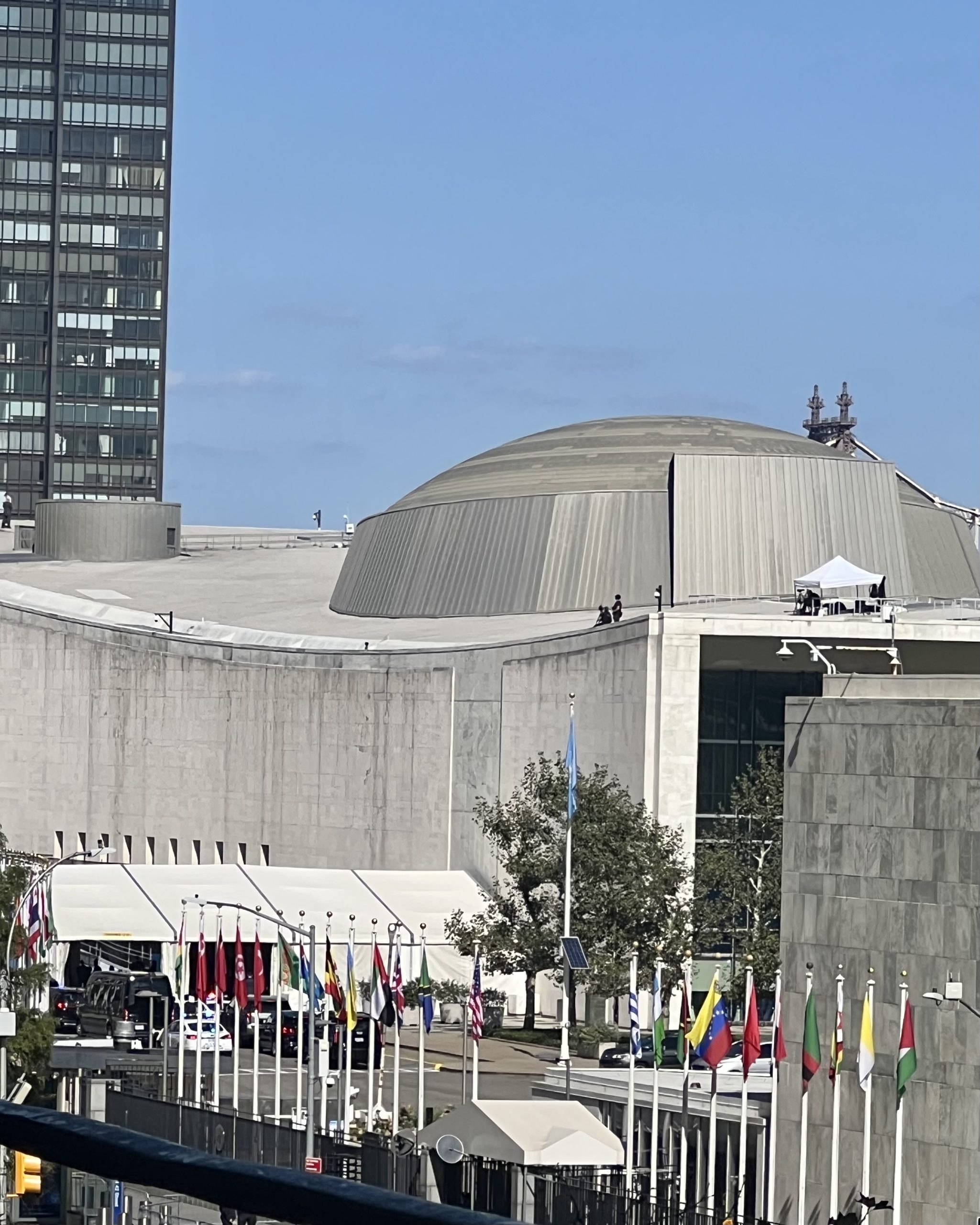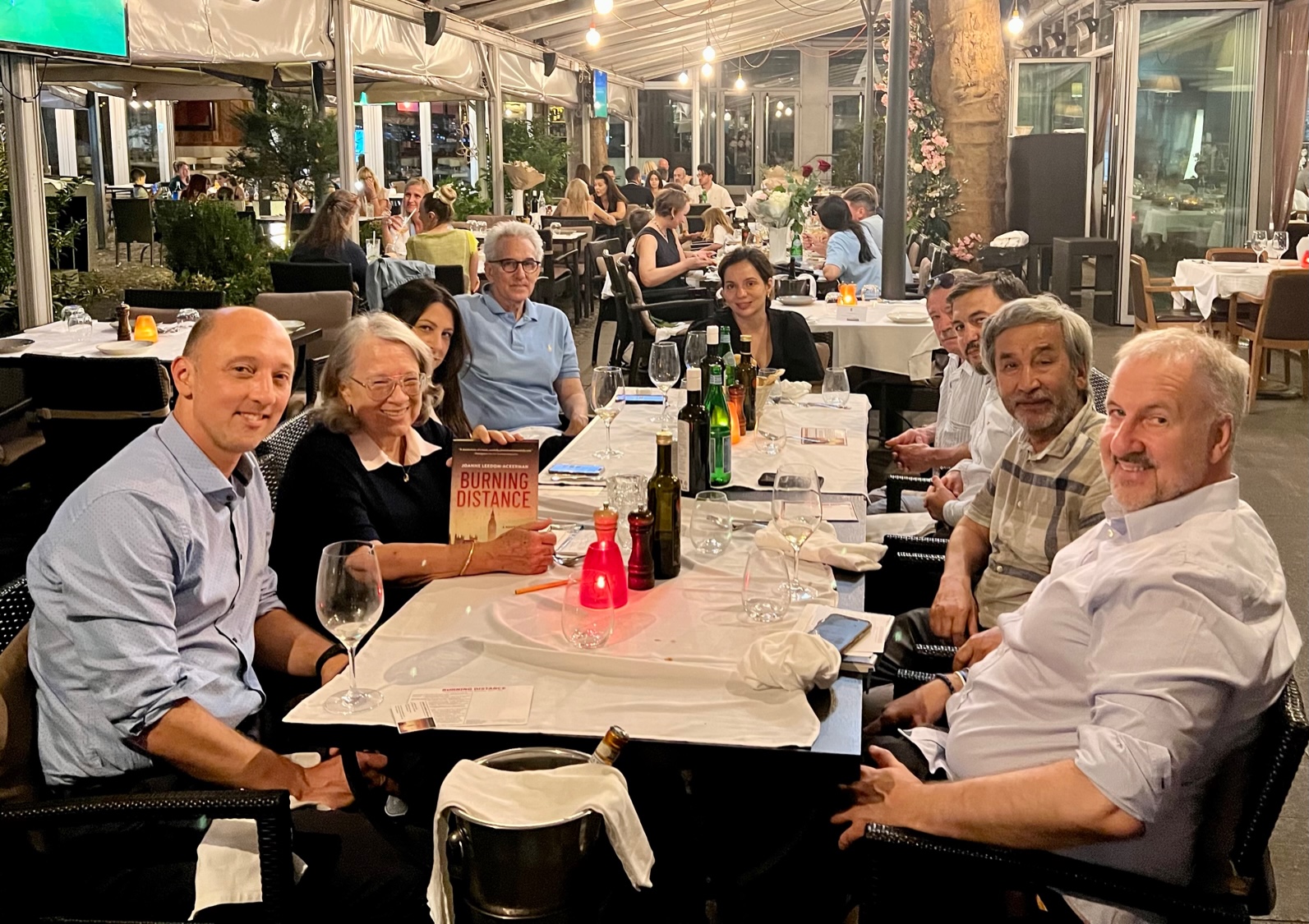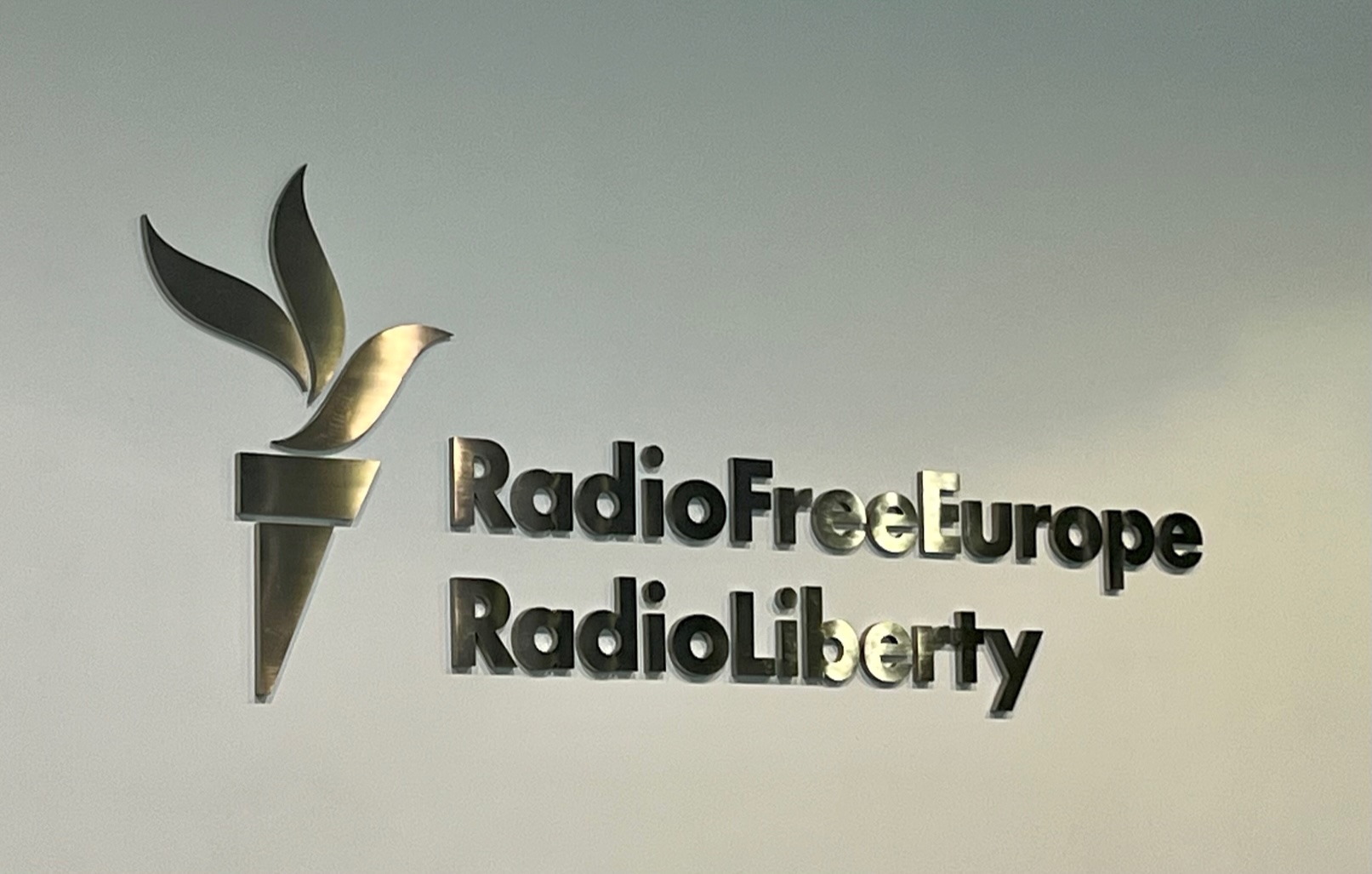On the Edge of the UN
The week of the United Nations General Assembly (UNGA) meeting is full of targeted and chaotic energy from around the world. I was there by chance last year with all the traffic snarls, blocked streets and crush of crowds, especially on the day the U.S. President was in town. I vowed to avoid that week forevermore.

Flags of the United Nations during General Assembly week, September 2023.
But this year with a meeting I could only get on Monday and another on Friday and various events and meetings in between during mid-September, I called to book a hotel, only to find hotels were sold out and the price of the few available rooms had skyrocketed. Alas, I realized it was the week of the UNGA.
I finally managed to find a hotel not costing the price of a car down payment. With more experience, I scheduled meetings I could walk to, and, with the exception of the first day when torrents of rain doused the city, the weather cooperated with sunny fall days. New York bristled with the added energy of the United Nations General Assembly in town as delegates from around the world walked the streets in all the finery and dress from African, Asian, and Latin American countries.
The larger question is what was accomplished at the UN General Assembly. That remains to be seen at this writing, but there are a few hopeful signs. At the least there is something heartening about seeing representatives from the nations of the world come together in anticipation of getting along long enough to solve global problems affecting us all like climate, migration, and armed conflict.
For those of us born after World War Two—and that now includes most of the world’s population— there is a compelling desire to avoid such a conflagration again. Those who witnessed with optimism the fall of the Berlin Wall and a turn towards democratic government in Eastern Europe and around the world in the 1990s are now alarmed by the return of authoritarianism. Signs of stress on the international governing systems are mounting.
There continues to be a need beyond the United Nations for international forums where problems can be addressed and solutions crafted. In August I had the opportunity to visit one institution which keeps watch over a crucial pilar of free societies—the free press and its free flow of information. In late summer I visited Radio Free Europe/Radio Liberty (RFE/RL) whose mission is to promote democratic values and report accurate, uncensored news in countries where the press is threatened and disinformation abounds.

Dinner with journalists from Radio Free Europe/Radio Liberty in Prague, discussing writing, my novel Burning Distance and current affairs, August 2023.
Headquartered in Prague on a secure and sprawling campus, RFE/RL employs 700 journalists around the world to research, write and broadcast stories that uncover corruption and advocate for free societies and their institutions like independent judiciaries and free press. With large newsrooms and correspondents who report the news in 27 languages in 23 countries where a free press is banned or works under threat, RFE/RL is on the front lines.
As the newsrooms of traditional press shrink and the numbers of foreign correspondents dwindle, it was heartening to walk through the halls and newsrooms at RFE/RL and sit around a table with experienced journalists from Europe, the Middle East, and Latin America who have resources available to investigate and report critical stories. Logging a weekly audience of 40 million and 869 million yearly visits to its website and 15 billion annual video views, RFE/RL is one of the most comprehensive news operations in the world with 21 local bureaus and an additional 1300 freelancers and stringers plus two bureaus in the U.S.
Approximately 1500 hours of radio programming are also broadcast every week where listeners can tune in on shortwaves. RFE/RL has a network of partner organizations that rebroadcast across 11 time zones. However, in the current climate, rebroadcasting is prohibited on local outlets in Azerbaijan, Belarus, Iran, Pakistan, Turkmenistan, Tajikistan, and Uzbekistan, and journalists are under increasing threat and censorship. RFE/RL’s website has been blocked in Crimea, its broadcasts jammed; the website is blocked in Iran where the bureau was closed and banned from FM and the Internet in Azerbaijan, and the accreditation stripped from journalists in Tajikistan, Turkmenistan, and Uzbekistan.
Registered as a private, nonprofit corporation, RFE/RL is funded by a grant from the U.S. Congress through the United States Agency for Global Media (USAGM) as a private grantee. Major policy decisions are made by its independent Board of Directors, the majority of whom are career journalists and human rights specialists. To guarantee journalistic credibility, a “firewall” was part of the enabling legislation and prohibits interference by U.S. government officials, including USAGM’s Chief Executive Officer, with the objective of producing independent reporting of the news. Journalists and editors make the final decisions on what stories to cover and how they are covered, according to Jeffrey Gedmin, the interim CEO of RFE/RL.

Headquarters of Radio Free Europe/Radio Liberty in Prague, Czech Republic.
Recent RFE/RL stories include lengthy investigations into corrupt practices in Russia where it reaches Russian-speaking audiences and beyond via the Current Time digital and 24/7 television network. Other stories include reports on the cease fire between Azerbaijan and Armenia in Nagorno-Karabakh and Azerbaijan’s military operations in the region; Ukrainian infantry breaking though Russian defenses, including a live briefing of Russia’s invasion; Iranian deputies vote to toughen penalties for women flouting the dress code; Georgian President Mikheil Saakashvili’s trial in Tbilisi.
Join me on Substack
